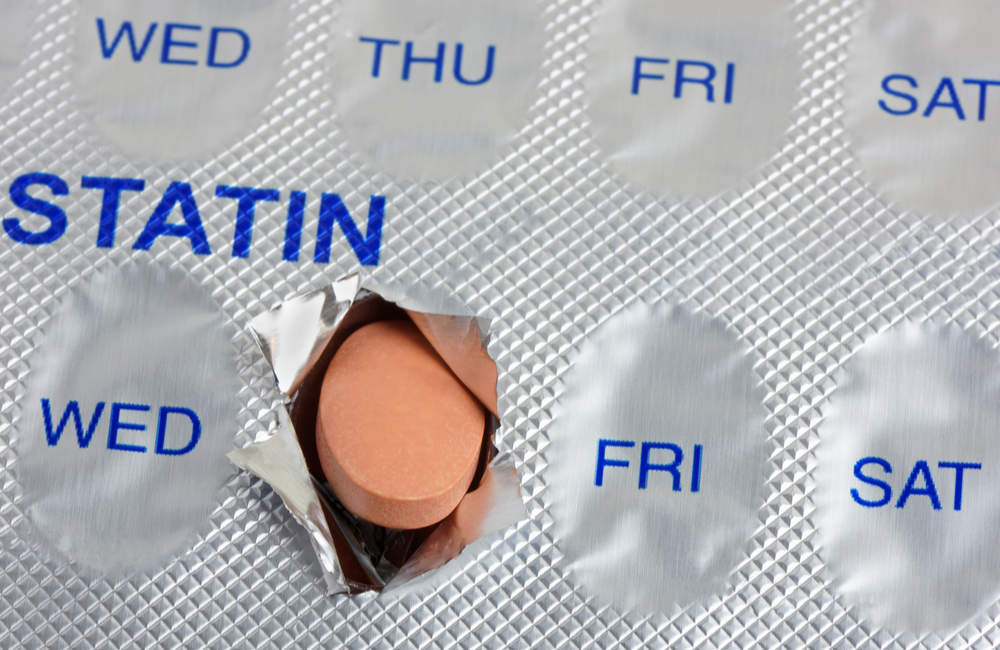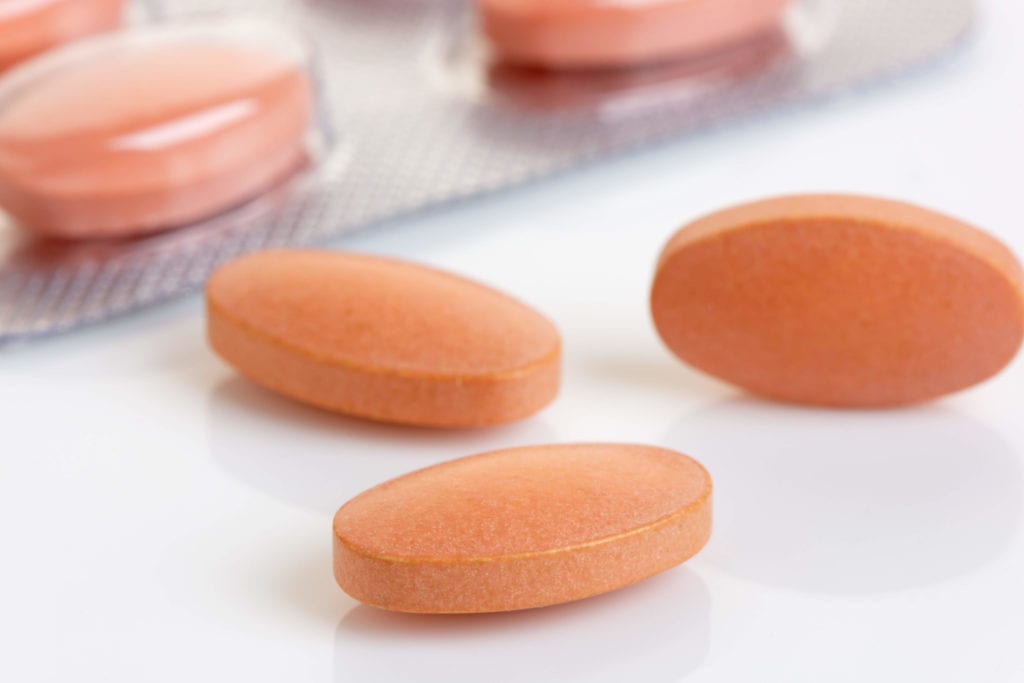
Cholesterol lowering ‘statin’ drugs taken by millions of people in Britain may not be working well enough in about half of those who are prescribed them. Statins reduce the build-up of fatty plaque that lead to blockages in blood vessels through reported side effects and the extent of how often they are prescribed has attracted uncertainty.
UK investigators looked at 165,000 patients on statins and found that one in two, the drugs had little effect on bad cholesterol. It is not yet known why the statins appear to work well for some than others. One possible answer could be that the patients are not taking their prescribed drug or doctors giving them at too low doses.
Cardiovascular disease kills about 150,000 people in the UK each year. Bad cholesterol is one of the main reasons, it leads to blood vessels to clog and become easy to block. Blockages can be fatal due to it starving the heart or brain of oxygen and causing strokes and heart attacks.

If you put down on saturated fats it can help lower bad cholesterol but some people will also need medication, millions of people are given the statins for this exact reason. Statins can cause side effects and there is a debate about how many patients should be prescribed them.
The study included 165,411 primary care patients from the UK who were put on statins to cut their risk of developing heart disease by lowering their cholesterol. 84,609 patients did not see their cholesterol go down enough even after they had been on daily treatment for two years.
Researcher Dr Stephen Weng, from Nottingham University, said: “Our research has shown that in almost half of patients prescribed statins, they are very effective and offer significant protection against cardiovascular disease.
“However, for the other half – whether it’s due to your genetic make-up, having side effects, sticking to the treatment or other medications – we don’t see that intended benefit.”
Prof Metin Avkiran, associate medical director at the British Heart Foundation, advised: “Statins are an important and proven treatment for lowering cholesterol and reducing the risk of a potentially fatal heart attack or stroke.
“If you have been prescribed statins, you should continue to take them regularly, as prescribed. If you have any concerns you should discuss your medication with your GP. There are now other drugs available to help lower cholesterol levels, and it may be that another type of medication will be an effective addition or alternative for you.”
Prof Helen Stokes-Lampard, chairwoman of the Royal College of GPs, said: “When we prescribe medication, we have to rely on patients to make sure that they take it, both at the recommended dose and for the duration of time that we think will benefit them most.
“There is a substantial body of research showing that statins are safe and effective drugs for most people, and can reduce the risk of heart attacks and stroke, when prescribed appropriately – but controversy remains around their widespread use and their potential side-effects.
“There are complex reasons why patients choose not to take their prescribed medication, and mixed messaging around statins could be one of these.”